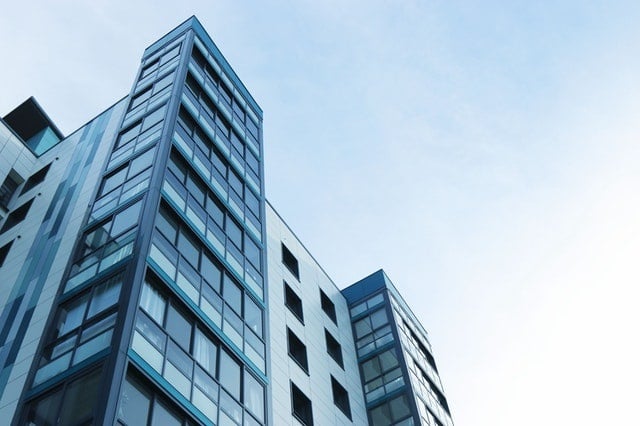Who is to Blame for Apartment Building Injuries?
Earlier this year, a young University professor was tragically killed when a package she was attempting to move accidentally hit an elevator button, causing the elevator to move. The victim was pinned between the elevator and the shaft. She died of asphyxiation.
Initially, an elevator malfunction was suspected. But, further investigation revealed that the large package the woman was loading onto the elevator hit the gate switch, falsely “telling” the elevator that the door was closed. News outlets focused on the conclusion that the elevator didn’t malfunction. But, that’s not the only question to be resolved from a legal perspective. For example, the elevator manufacturer could still be liable if a court determined that the design that allowed a passenger to accidentally trigger the car dropping was inherently dangerous.
This story got attention in the press because it was sudden, shocking, and involved the death of a promising young professional. But, apartment building injuries are more common than you might realize. We’ve written before about liability for injuries sustained in apartment building fires. But, that’s just one of many possible apartment complex injuries. Some other common injuries include:
- Slip and fall accidents due to negligent snow and ice maintenance
- Falls due to faulty or inadequate railings and barriers
- Carbon monoxide poisoning or other toxic exposures
- Trip and falls on uneven surfaces, loose carpeting, or cracked pavement
- Injuries sustained due to poor lighting
- Assaults and other harm suffered as a result of poor security
Liability for Apartment Building Injuries and Fatalities
When someone is injured on the premises of their apartment complex, or when visiting a friend at an apartment complex, it’s natural to look first to the apartment owner or manager for compensation. And, in many cases, the landlord will be partly or wholly responsible. Often, this involves faulty maintenance or other failure to maintain the premises in safe condition.
However, the property owner isn’t the only possible responsible party. For example:
- In the case of an injury involving equipment such as an elevator, laundry machines, or a hot water heater, the manufacturer, seller or lessor of the equipment may be responsible. This may involve a defective product, dangerous design, or faulty maintenance.
- In the case of a slip and fall or trip and fall injury on the premises, another person–for example, another resident who spilled something on the floor and left it slippery–may be fully or partly responsible.
If the injured party is an employee or visits the complex on the job, the options may be different. When someone is injured at work, workers’ compensation is typically the exclusive remedy as to the employer. So, for instance, a maintenance worker who falls while working on the property may be entitled to workers’ compensation, but unable to pursue further compensation from the apartment complex. But, the situation changes somewhat if the worker is employed by someone other than the complex. For example, a delivery person who is injured on the premises may be entitled to workers’ compensation benefit, but may also have a negligence claim against the property owner.
Because the options and possible responsible parties vary depending on the type of injury, the relationship of the injured person to the complex, the cause of the injury and other variables, it’s in your best interest to talk with an attorney who has broad-based injury litigation experience.
Schedule Your Free Consultation Now
If you’ve been injured on the premises of an apartment building or complex, or on someone else’s property, you may be entitled to compensation. Attorney Kevin P. Broderick has been fighting for the rights of injured people in Massachusetts and New Hampshire for decades, and has experience handling a wide range of workers’ compensation and personal injury claims.
Just call 978-459-3085 or fill out the contact form on this site to get a free consultation. Even if you aren’t sure if you have a case, it is always better to call and ask.

